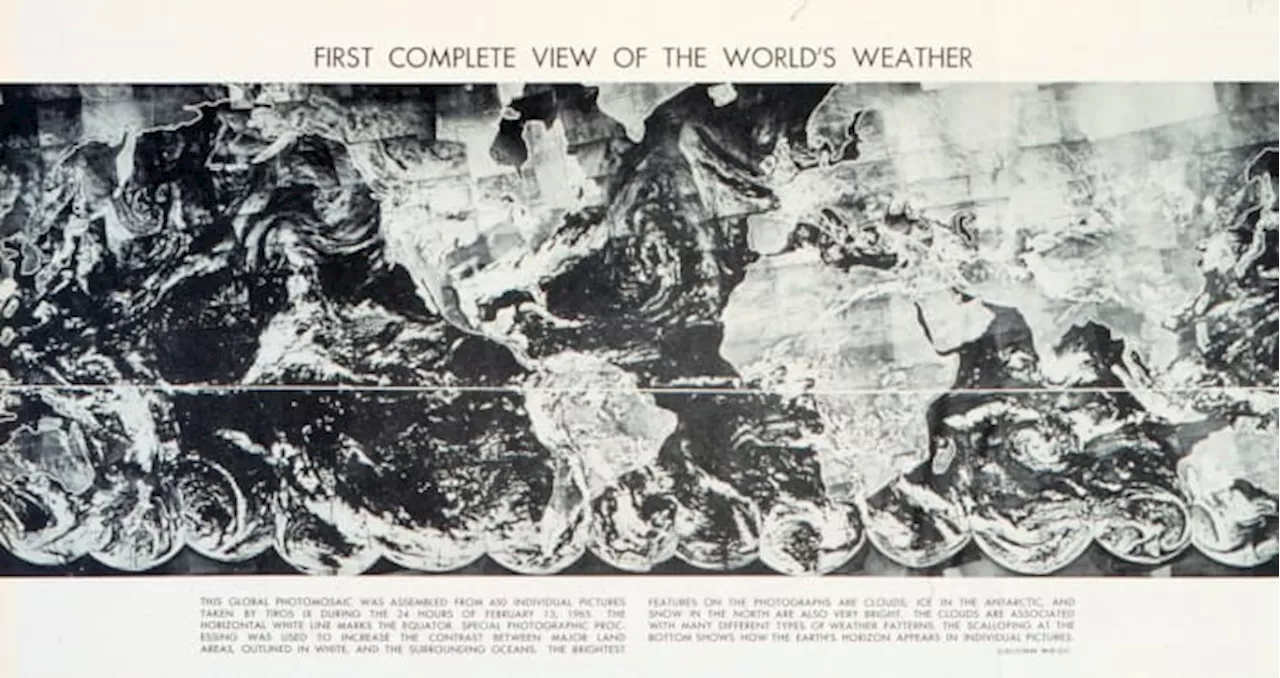Justin Boggs is a writer for the E.W. Scripps company. Justin covers anything from politics to sports and entertainment.
Scientists at the University of Arizona have discovered that asteroid 2016 HO3 was likely blasted into the solar system from the moon several million years ago.
2016 HO3 is considered a near-Earth asteroid with an elliptical orbit around the Earth. It is estimated to be about 150 feet to 190 feet in diameter and was first spotted in 2016. "You’d think the impact event would pulverize and distribute the ejecta far and wide," study co-author Erik Asphaug said in a press release."But there it is. So, we turned the problem around and asked ourselves, 'How can we make this happen?'"
"While most of that debris would have impacted the Earth as lunar meteorites over the course of less than a million years," lead study author Yifei Jiao said,"a few lucky objects can survive in heliocentric orbits as near-Earth asteroids, yet to be discovered or identified."
United States Latest News, United States Headlines
Similar News:You can also read news stories similar to this one that we have collected from other news sources.
 Why on Earth do we celebrate Earth Day?Earth day is coming up on Monday but do you know what Earth Day actually is. Or why we celebrate?
Why on Earth do we celebrate Earth Day?Earth day is coming up on Monday but do you know what Earth Day actually is. Or why we celebrate?
Read more »
 Celebrating Earth Day: The first satellite images of the earth were taken 64 years agoTIROS 1 was the first weather satellite, launched in 1960
Celebrating Earth Day: The first satellite images of the earth were taken 64 years agoTIROS 1 was the first weather satellite, launched in 1960
Read more »
 Earth Is Suddenly Slowing And Days Now Last Longer, Say ScientistsI'm an award-winning journalist writing about the night sky and eclipses.
Earth Is Suddenly Slowing And Days Now Last Longer, Say ScientistsI'm an award-winning journalist writing about the night sky and eclipses.
Read more »
 How Scientists Are Preparing for Apophis's Unnervingly Close Brush With EarthThe potentially hazardous asteroid is on its way for an uncomfortably close flyby of Earth in 2029.
How Scientists Are Preparing for Apophis's Unnervingly Close Brush With EarthThe potentially hazardous asteroid is on its way for an uncomfortably close flyby of Earth in 2029.
Read more »
 Scientists Plan for Apophis’s Unnervingly Close Brush With EarthPlus: Alarming levels of bird flu detected in milk, Voyager 1 regains cosmic clarity, and examining the effectiveness of washing produce to remove pesticides.
Scientists Plan for Apophis’s Unnervingly Close Brush With EarthPlus: Alarming levels of bird flu detected in milk, Voyager 1 regains cosmic clarity, and examining the effectiveness of washing produce to remove pesticides.
Read more »
 Earth's Magnetic Field 'Near-Collapse' Boosted Evolution, Scientists ThinkThe weakened magnetic field may have led to increased oxygen concentrations in our atmosphere and oceans, triggering an explosion of animal evolution.
Earth's Magnetic Field 'Near-Collapse' Boosted Evolution, Scientists ThinkThe weakened magnetic field may have led to increased oxygen concentrations in our atmosphere and oceans, triggering an explosion of animal evolution.
Read more »
